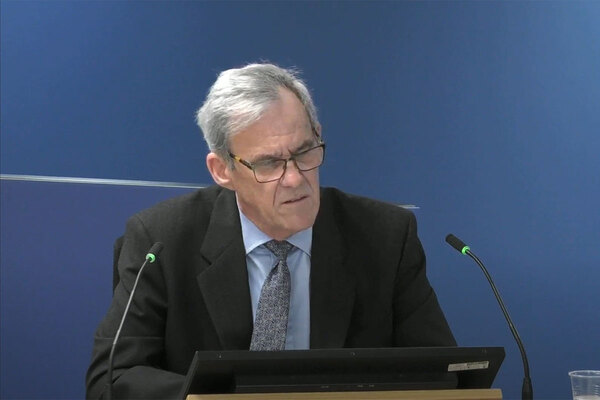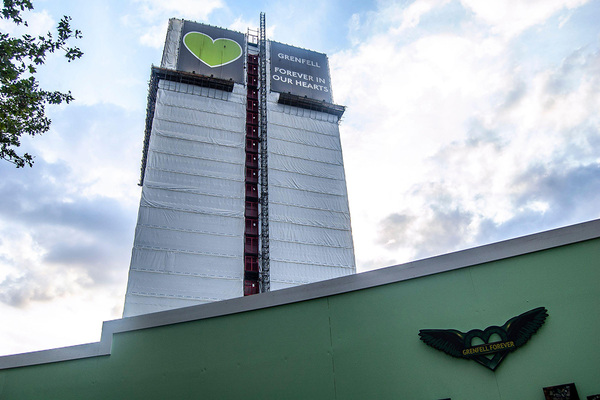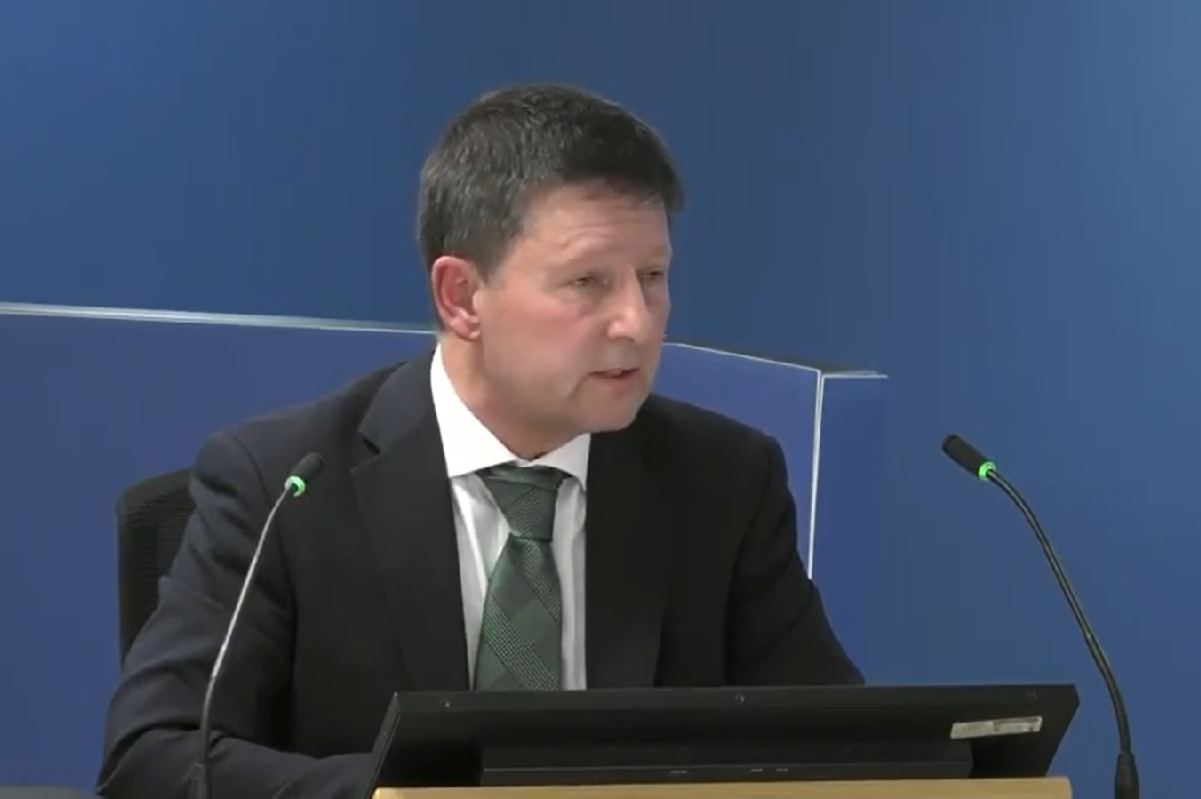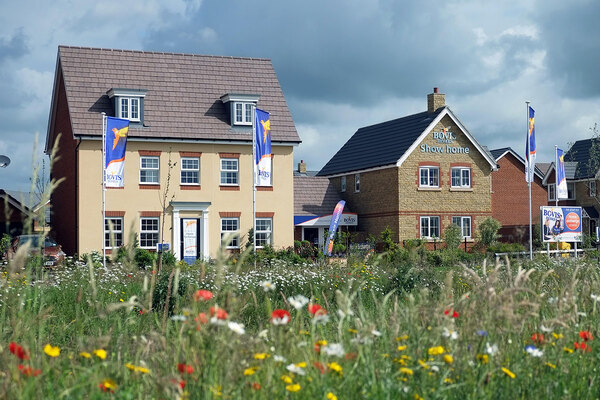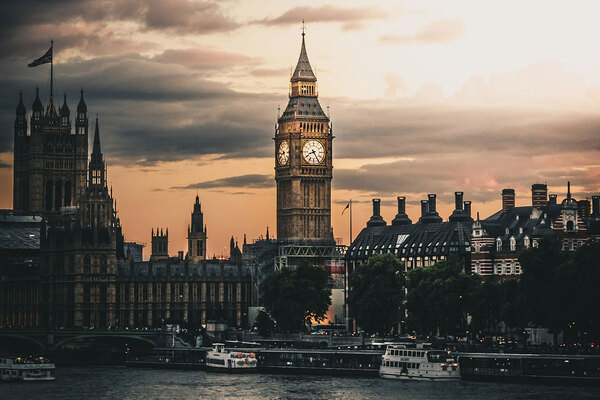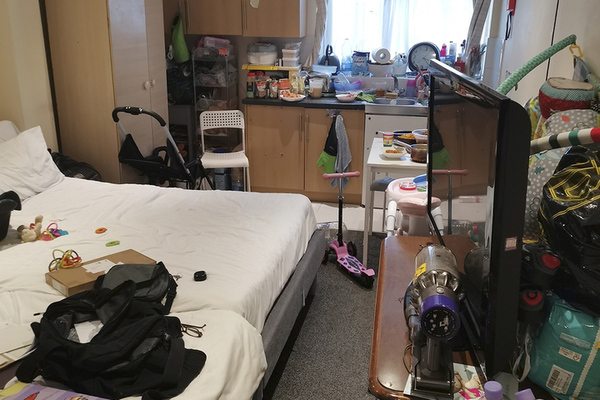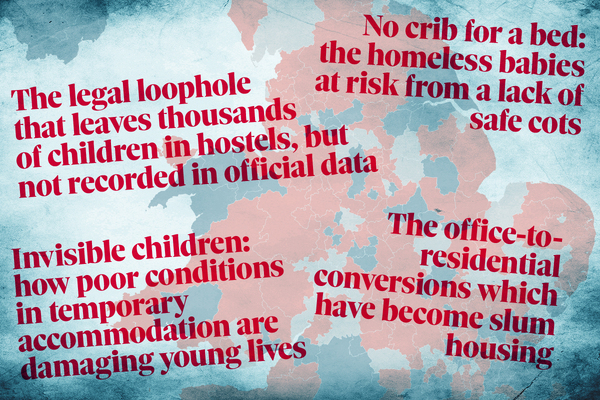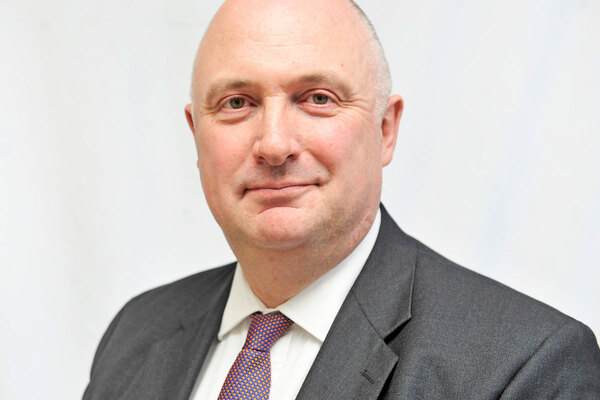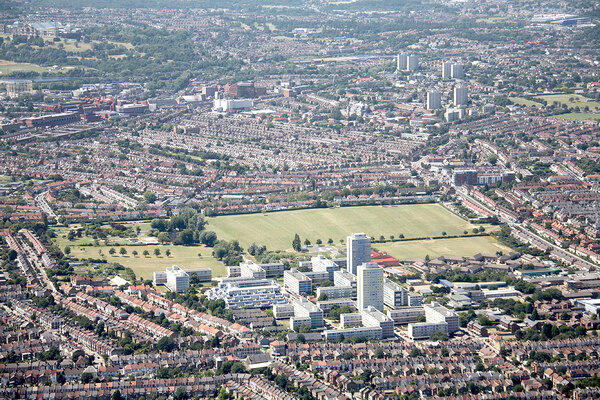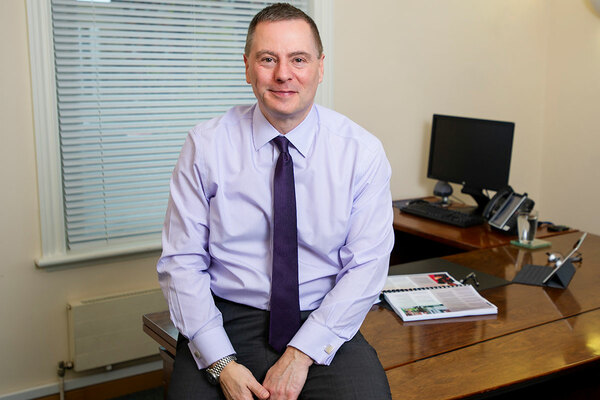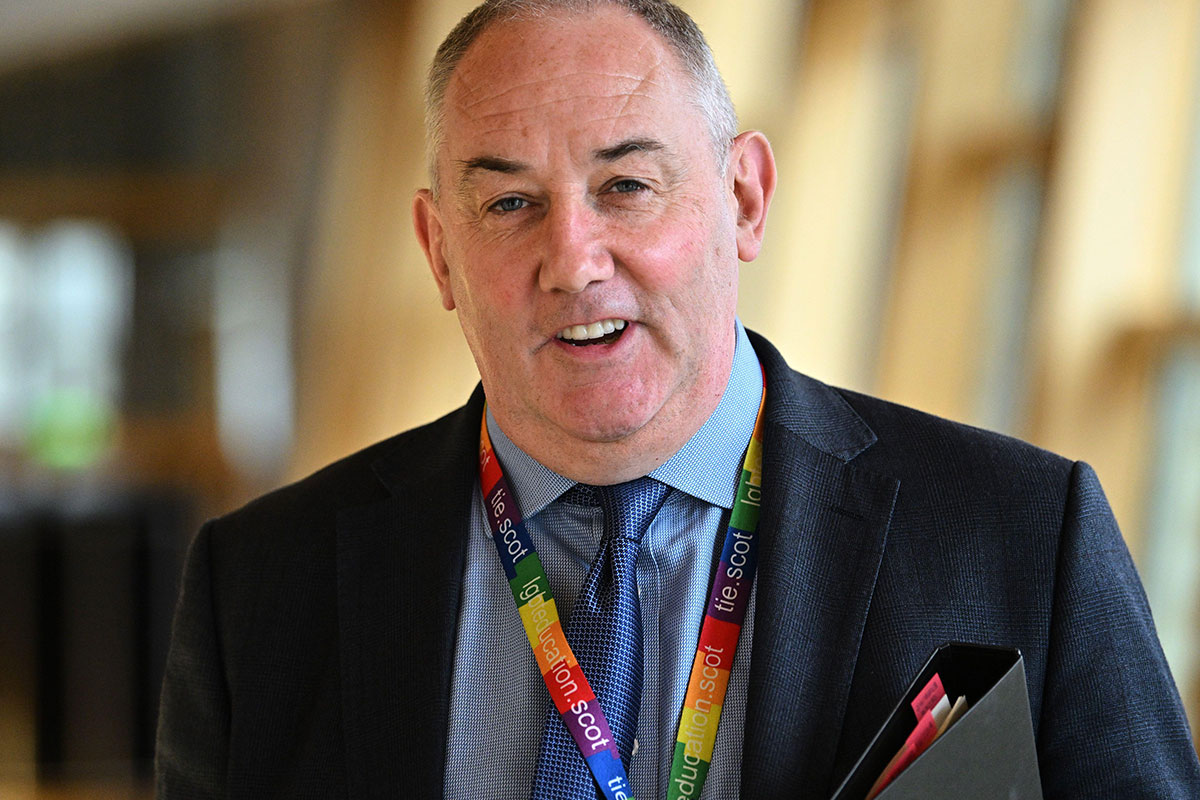You are viewing 1 of your 1 free articles
‘Deficiencies’ in Grenfell response continued after control was handed over by RBKC, inquiry hears
“Deficiencies” in the process of responding to emergencies in London at the time of Grenfell meant support provided to families following the fire was “not acceptable” even after the response was handed to a London-wide organisation, the chief executive of the City of London told the Grenfell Inquiry today.
John Barradell, who played a leading role in the emergency response to the Grenfell Tower fire, apologised today to families who were left in hotels without support in the wake of the disaster, agreeing that the help provided to them was below the standard that should be expected.
His comments came after he was confronted with the case of 12 families who were placed in a Premier Inn in Hammersmith with no money. They waited six days before being contacted by local authority staff about support arrangements.
Mr Barradell, who at the time was deputy chair of the London Resilience Forum, an umbrella group of 170 organisations designed to ensure London’s preparedness in the event of an emergency, described the scenario as “not acceptable”.
Richard Millett QC, lead counsel to the inquiry, asked Mr Barradell whether the experience of these families showed that “the London resilience arrangements when it comes to individual experiences are simply unfit for purpose because there’s no preset process or machinery which can ensure that experiences like that don’t happen”.
In response, Mr Barradell admitted that there were “deficiencies” in the process, adding that there was “a lot of learning about the support for communities”.
Mr Barradell also admitted that there were “deficiencies” in the process that saw outside forces take over the Grenfell response from the Royal Borough of Kensington and Chelsea (RBKC) in the days after the fire.
As the inquiry has previously heard, Mr Barradell took over control of RBKC’s response two days after the disaster when RBKC’s chief executive, Nicholas Holgate, triggered support from London Local Authority Gold (LLAG), a mechanism that mobilised support from all 33 London boroughs.
Mr Holgate had first been advised to relinquish control to LLAG on the morning of the fire at Grenfell due to concerns about RBKC’s capacity, however he initially refused to accept the support.
Mr Barradell expressed regret at not being more forceful in asking to take over control of the response, adding that the “picture being painted” by RBKC was that it had sufficient capacity and expertise to deal with the aftermath.
“I think Kensington and Chelsea were a very confident council and they projected competence, professionalism, ability that I think in retrospect clearly was not backed up by action,” he said.
Mr Barradell accepted that a number of failures were not immediately resolved once LLAG took over, including the length of time it took to collate an official list of those affected by the disaster.
On this, Mr Barradell blamed RBKC for failing to collect information in the immediate aftermath of the fire before people were sent to hotels, arguing that an “early start had been lost” that took his team a long time to recover from.
Mr Barradell said one of the “many lessons” from Grenfell was around “community resilience”, which he said is “not good enough and can be improved”.
When asked why Grenfell had served as a “seedbed for learning lessons”, Mr Barradell pointed to the failure of RBKC “to understand what was going on in their own patch”, meaning that the council had lost the confidence of the local community before the fire took place.
He said this loss of confidence was “exacerbated” by the immediate response to the fire from the council.
At the end of his evidence, Mr Barradell was asked whether he agreed with a March 2022 report published by the National Preparedness Commission, which was set up in the wake of COVID-19 to promote better preparedness for a major crisis or incident in the UK.
The report found that “resilience in the UK has suffered strategic neglect”, adding that “the lack of development in the resilience field is in sharp contrast to the continuing positive development in other national security fields”.
When asked whether this reflected his own experience of the Grenfell response, Mr Barradell said it “reflects my experience in terms of the lack of the strategic understanding and intent of resilience in the UK”.
The inquiry continues tomorrow.
Sign up for Inside Housing’s weekly Grenfell Inquiry newsletter
Each week our sister publication Inside Housing sends out a newsletter rounding up the key news from the Grenfell Inquiry, along with exclusive analysis of what it all means for the social housing sector.
Already have an account? Click here to manage your newsletters
